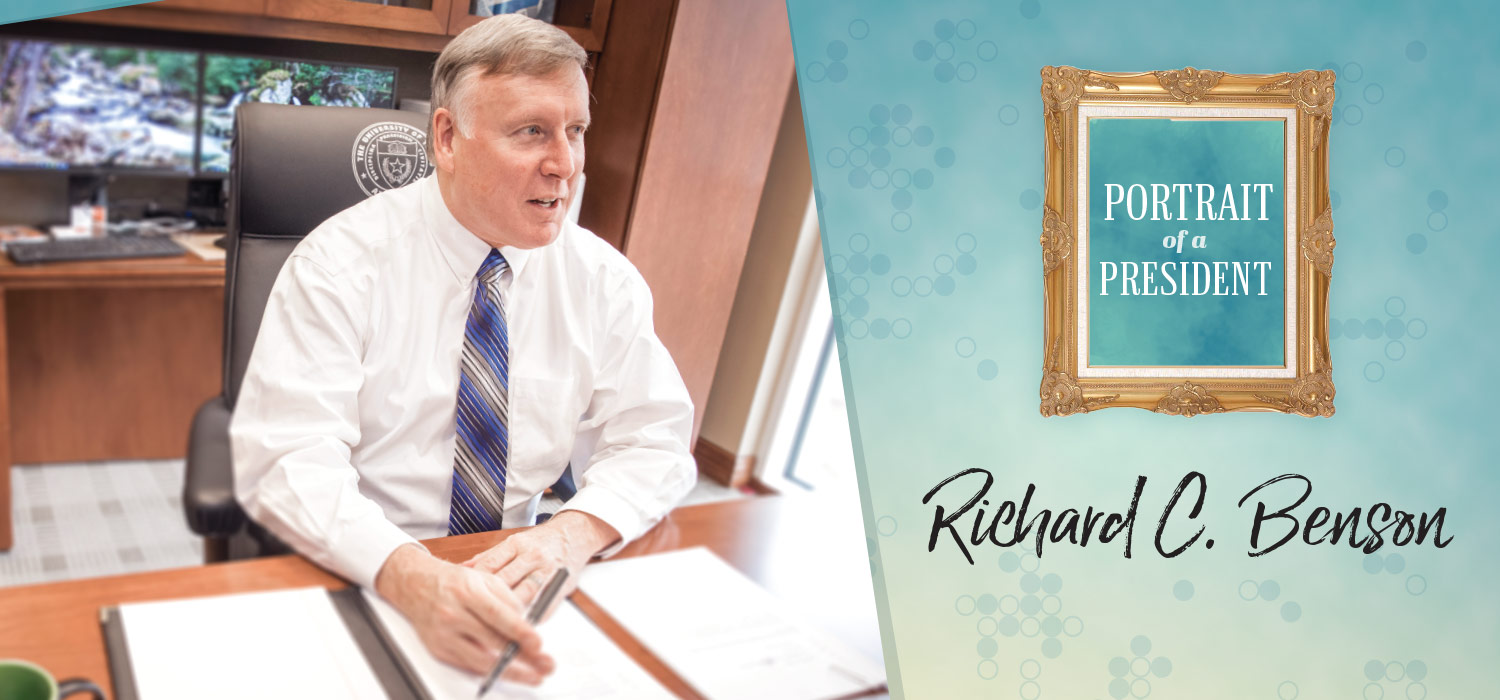
Editors’ Note: This feature appears as it was published in the spring 2017 edition of UT Dallas Magazine. Titles or faculty members listed may have changed since that time.
For a moment, Richard C. Benson, the approachable new president of The University of Texas at Dallas, stands alone on the school’s life-size, outdoor chessboard, contemplating his next move.
Dressed in presidential regalia, he has just walked across the stage at his inauguration ceremony to a live rendition of “Sweet Georgia Brown” — upbeat music to celebrate a promising beginning.
Benson, a Virginia native with Ivy League credentials, is only the fifth president of this burgeoning University. The opportunity to have a lasting impact across an entire campus was too good for the former dean of Virginia Tech’s College of Engineering to pass up.
“The growth of UT Dallas is quite amazing,” Benson says. “But the University’s connection to industry” helped seal the deal.
Practically everything in his life has led to this presidency at this time. Disciplined preparation was the key.
Born in Virginia, Benson grew up about 35 miles west of New York City in Dover, New Jersey, a diverse, middle-class town.
He developed a love for music at an early age. His mother, a grade-school teacher, was a terrific pianist. His father, a mechanical engineer, was basically tone-deaf.
The family’s two-story colonial home was often filled with music.
Though Benson doesn’t like to blow his own horn, the trumpet played a major role in this engineer’s formative years. As a teenager, he was better known for carrying a trumpet than a slide rule, but he says he can still find his way around both.
The oldest of three boys, he was a featured soloist in numerous high school concerts.
“Being a perfectionist, Dick would practice and practice and practice,” recalls Eric Benson, the youngest brother, an entomologist at Clemson University, who also played trumpet — though not as well, he concedes.
Practice sessions were either in the wood-paneled basement where Dick’s elaborate train set was stored or in their beloved father’s study.
Willard Raymond Benson, their father, worked for the National Advisory Council for Aeronautics — the precursor to NASA — and as a civilian Army engineer at the Picatinny Arsenal.
Benson says their dad’s desk held papers with “mysterious mathematical symbols and intriguing Buck Rogers-style drawings” that inspired him to pursue engineering.
A wall of books in the study included The Harvard Classics, technical tomes on engineering and mathematics, and a full set of encyclopedias the boys could devour.
Their father, a track and field enthusiast, kept his sons too busy running track and cross-country to get into trouble.
Benson’s event was the quarter-mile, 440 yards, back when the track was measured in yards instead of meters. He says he was “high-school good” in track, at one point winning a conference championship. But he hails Todd, his middle brother, as the star. Todd was a three-time state champ in the mile while Eric, a pole-vaulter, was the best all-around athlete of the Benson trio.
When it came to music, neither Todd, a trombone player, nor Eric was as disciplined or dedicated as their oldest brother.
Eric recalls Dick first going through several warm-up exercises to condition his lips and prepare his trumpet. Next he’d play a series of scales. Only then would he tackle the sheet music.
If he got to a difficult point, perhaps a certain measure in Trumpet Voluntary, “he’d play it over and over again until he got it right,” Eric recalls. “It would make my father crazy.”
Benson was learning an important lesson: To excel, one must not only have passion but also put in the time to improve. Like a repeated refrain in a song, the lesson has helped lead to his success.

Leader Man
There’s no question that Benson, who earned a doctorate in mechanical engineering from the University of California, Berkeley, is a smart guy. He’s also pragmatic and fair, according to those who have worked with him.
“I’d refer to Dr. Benson as a reflective leader,” says Jack Davis, dean of the College of Architecture and Urban Studies at Virginia Tech. “By that, I mean he clearly considers multiple angles, multiple inputs and reflects before he acts.”
Kenneth S. Ball, who was once one of Benson’s department heads and is now dean of George Mason University’s Volgenau School of Engineering, says the UT Dallas president is also collegial and “definitely a ‘people person.’”
“As a leader, Dick values teamwork and delegates authority and responsibility effectively.”
Benson’s no micromanager. He is known to give department heads considerable autonomy while at the same time holding them accountable for advancing the college’s and university’s goals.
“Although his achievements are great, he doesn’t have a big head,” Eric Benson says of the president. “He is modest. But under all that, he is driven. Never underestimate him.
“Dick disproves the theory that nice guys finish last because he’s a nice guy and he usually finishes first.”
Those who’ve worked with Benson say he’s well-read and informed about a variety of topics. From astronomy, history and the arts to sports, differential equations and rockets to the moon, he can talk about most subjects with ease.
“That is a man who has a wide range of knowledge and it is quite deep,” says Dr. Paul M. Winistorfer, dean of Virginia Tech’s College of Natural Resources and Environment. “I would describe him as somewhat of a Renaissance man. … It’s very impressive. That’s what a university president needs to be.”
On weekends, Benson, an avid hiker and accomplished photographer, prefers to be outdoors. In Virginia, with digital camera in hand, he’d wander on trails through the woods and Blue Ridge and Allegheny mountains capturing stunning images of waterfalls and lush plant life. Some of his photographs are displayed in the conference room near his office.
Colorful photographs documenting work-related global treks serve as his computer’s screen saver.
Benson is seeking suggestions for idyllic hiking trails in North Texas.
“He has interest in a wide variety of areas that go well beyond the disciplines of engineering,” Davis says, noting the president’s enthusiasm for everything from baseball to hiking.
From creative interests to his tailored suits and sometimes quirky power ties, Benson defies the stereotype of the pocket protector-wearing, socially awkward engineer.
Yet, he’s still a data-driven, problem-solving nerd at heart.
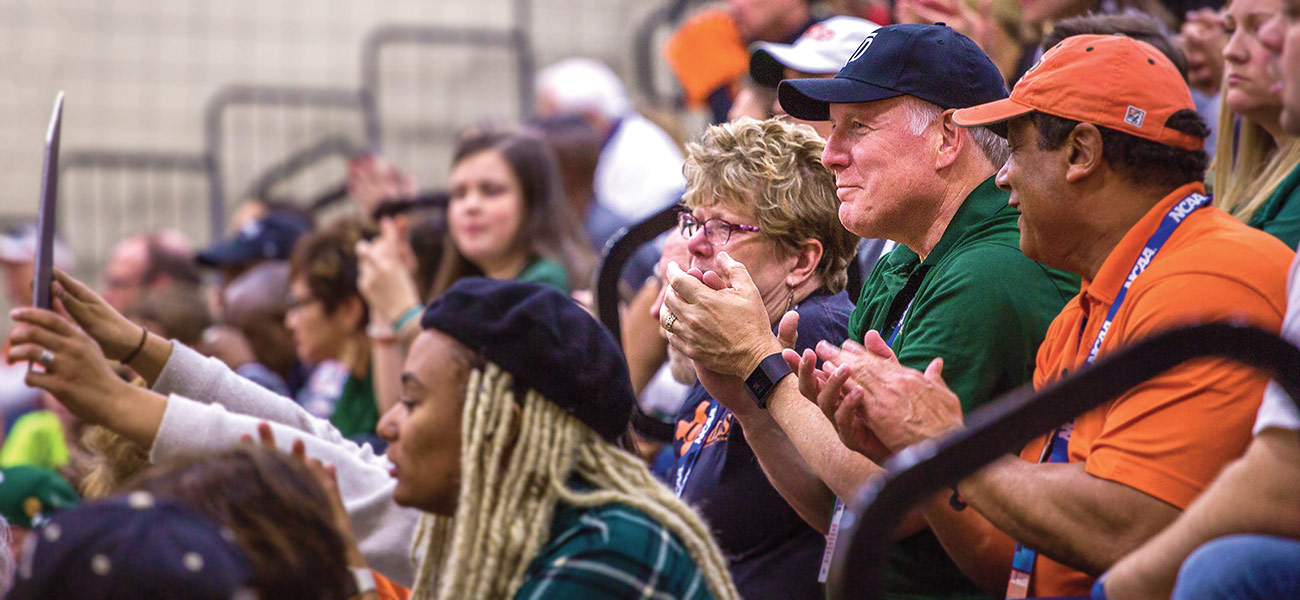 The Bensons cheer on the Comets during the women’s basketball team’s appearance in the first round of the NCAA Division III national tournament in March.
The Bensons cheer on the Comets during the women’s basketball team’s appearance in the first round of the NCAA Division III national tournament in March.Smart Man
Benson didn’t start out a strong scholar — he grew into one. At Dover High School he was content with B’s until he started dating a girl his sophomore year who was a straight-A student. Proximity spurred him to be more studious.
Even so, he applied to 10 different colleges because his mom feared he might not get into any.
Princeton University was at the top of his list. It was in his home state and had a great reputation, so he was elated when he got his acceptance letter.
He suspects the private university sought well-rounded students and credits his musical abilities for getting him in. It probably didn’t hurt that Benson was also an Eagle Scout, earning Boy Scouting’s highest rank during his junior year of high school.
Scout-learned skills and quick thinking contributed to a true tale of saving a drowning man the summer before he went away to college, a feat that would have made a grand college admissions essay had it occurred earlier.
Walking on a dock while vacationing with his family in northern New Jersey, Benson thought he saw a body at the bottom of Lake Hopatcong. He dove in, pulled the unconscious man ashore with a friend’s help, and revived him using mouth-to-mouth resuscitation.
The local American Legion gave Benson a medal. The neighbor he rescued — whom they later learned from family had suffered a heart attack — wrote the heroic teen a check. Benson used the money to buy a blue-and-white sweater that he still owns, though it no longer fits.
His new sweater packed among his belongings, Benson arrived as a freshman at Princeton, not quite prepared for the contrast of the campus culture with the diversity he had known in Dover.
“It was kind of shocking when all of the sudden I was in this very white and very male school,” says Benson, who enrolled in 1969, the first year women were admitted.
“I truly love Princeton. I got a great education.” But he’s come to realize that “you can go a lot of places and get a great education.”
Although he earned a bachelor’s degree with honors in aerospace and mechanical science from Princeton, most people who knew him at that time assumed he was a music or math major.
Music, Math Man
Benson played his trumpet all through college and was even in the orchestra at the University of Virginia, where he earned a master’s degree.
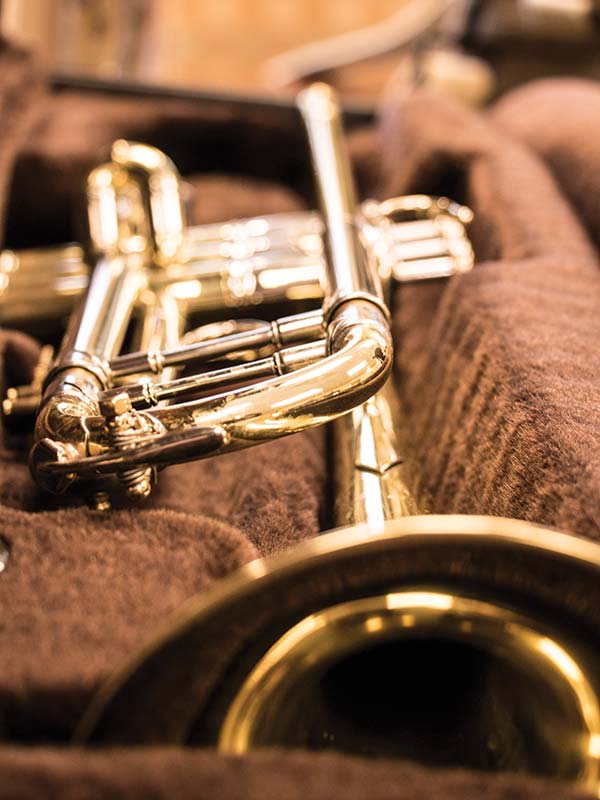 Benson, whose trumpet is pictured above, used a disciplined approach to master musical selections. He played in bands and orchestras all through college.
Benson, whose trumpet is pictured above, used a disciplined approach to master musical selections. He played in bands and orchestras all through college.He was in the marching, concert and pep bands at Princeton and earned walking-around money performing in a big band. The group, Webster’s Unabridged, played the great hits from the 1930s and ’40s — Basie, Ellington, Miller, Goodman and more — at weekend parties to the faculty’s delight. Classmates preferred the group’s modern sets, the horn-heavy ’70s rock music of Chicago and Blood, Sweat & Tears.
In the classroom, Benson was deep into mathematics, which he had always enjoyed. He took a math course every college term, even when he didn’t have to. When he was past all the coursework for his doctorate in mechanical engineering, he continued taking math courses “just to load up.”
His brothers chose law and zoology, so he sometimes jokes that they both pursued vermin professionally. As the first-born of an engineer and schoolteacher, Benson says he was destined to become an engineer-educator.
“I didn’t go into engineering because I wanted to be a nerd,” he says. “I liked creating things.
“And I came of age at a somewhat extreme time. The training (for engineers) was sort of at its most theoretical slant. But I liked that. It appealed to me.”
Lab Man
While working on a master’s in mechanical engineering via a Thornton Fellowship at UVA, Benson learned a lesson about humility that served him well.
Straight from Princeton, he was feeling cocky as he worked in a lab with two other UVA grad students. Several of his peers were older Vietnam War-era veterans who worked really hard. While Benson breezed in and out of the lab randomly, the vets came in early and stayed late. They were methodical and organized.
When it was time to turn in their reports, the young grad student couldn’t help noticing that his friends’ work was neatly typed up with beautiful lettering.
“Mine was pretty sloppy,” Benson says. “The content was fine, but the way I presented it was pretty bad.”
One by one, his peers handed their reports to the professor. But when Benson tried to present his, “the teacher threw it back at me. He said, ‘I’m not going to read this!’ And he used a bad word.”
“I thought, ‘OK, I better change.’”
And he did. Benson adopted the strong work habits of his friends, routinely putting in 40-hour weeks in the lab, plus working on nights and weekends as needed.
“Anytime people would walk into the lab they would find me there,” he says. “Thank God for UVA, because I just grew up.”
He carried that work ethic to Cal Berkeley as the recipient of a competitive IBM fellowship.
Married Man
Benson had no intention of seriously dating or marrying anyone until after he completed his doctorate. Then he spotted a strawberry blonde working at the front desk of his Berkeley dorm.
She was reading a calculus book, and he soon learned that she was a musician. “My kind of woman,” Benson recalls.
Leslie, a junior studying economics at Berkeley, says Benson came up to the desk to borrow a Go board, a complex Asian strategy game. She took his ID card in exchange for the checked-out item.
Later, when Benson returned the Go board, Leslie accidentally gave him someone else’s ID card. Discovering the mix-up, he returned again and struck up a conversation, thrilled by how much they had in common.
“He was cute and funny and he listened, you know?” says Leslie, an upright string bass player from Los Angeles. “We talked for hours.”
Three years her senior, he was more mature than men her age.
They married in June 1976, the week after she graduated from college but more than a year before his dissertation would be done. She was 22, he was nearly 25.
Finding love with Leslie “was the best thing that ever happened to me,” he says.
Working Man
In 1977, armed with his bright bride and a doctoral dissertation on the mechanics of the floppy disk, Benson landed a job as a technical specialist and project manager at Xerox Corp.
The Bensons left the West Coast for the company’s headquarters in Rochester, New York.
Xerox, which then had a “miracle invention” known as the plain paper copier, hired Benson as part of a research and development team. The task? Figure out how to make a piece of paper go through the machine without jamming or getting crumpled.
While at Xerox, Benson’s boss mentioned that employees occasionally taught courses as adjuncts at the University of Rochester.
Benson was interested and soon found himself at the front of an early-evening math class teaching complex variables.
“I threw myself into it and it went well,” he says.
Twice a week, after working a full day at Xerox, he’d drive across town and launch into his classroom lecture.
He painstakingly prepared his teaching notes sitting at the kitchen table at nights and on weekends.
It wasn’t for the money, he says. “It was just for the fun of it.”
Three years into his career at Xerox, Benson was moving toward management in the corporation. That’s when it hit him: He still wanted to make his mark in research.
“I was doing good work, but Xerox didn’t really want me publishing it and sharing that with the world,” he says. “That was really the catalyst.”
When he realized that academe was where he wanted to be, he took a pay cut to teach at the university full time.
“My mother thought I had lost my mind,” Benson says, chuckling.
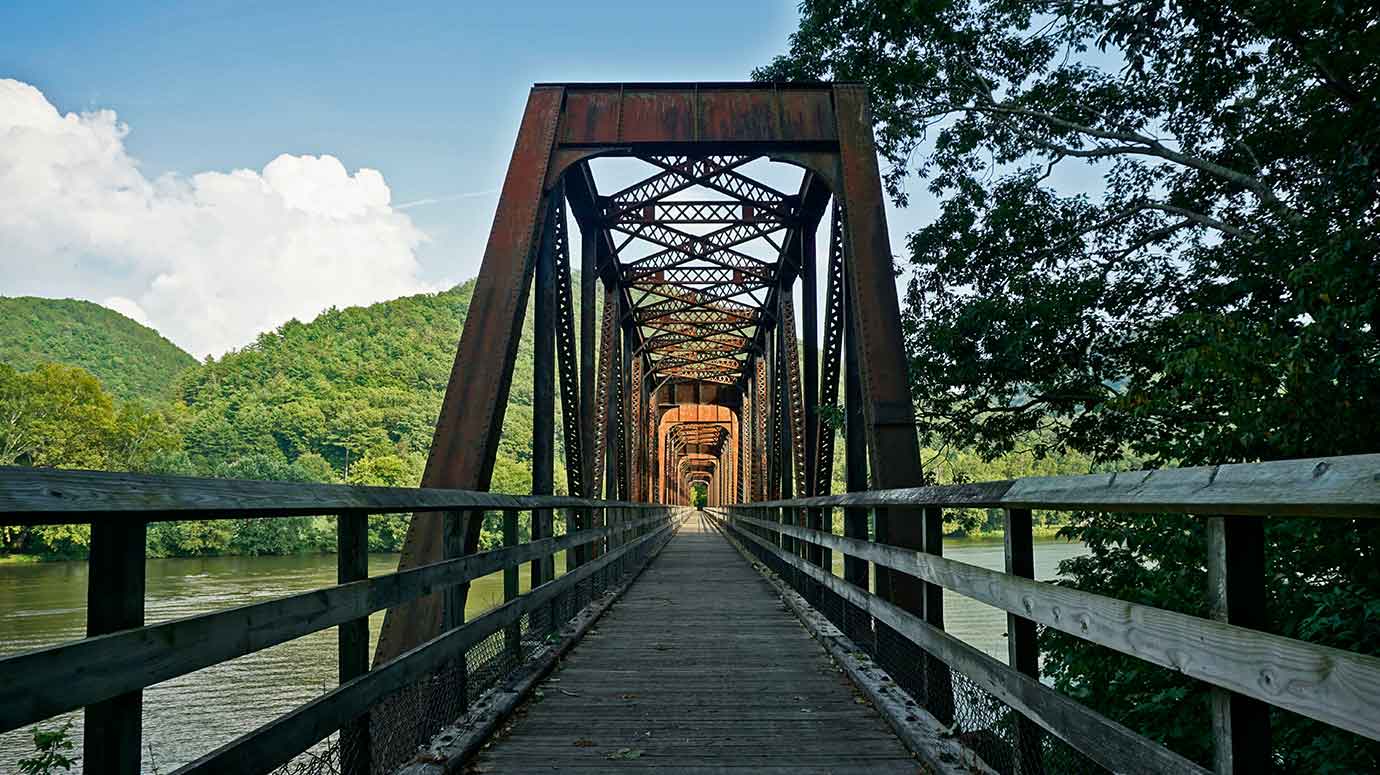
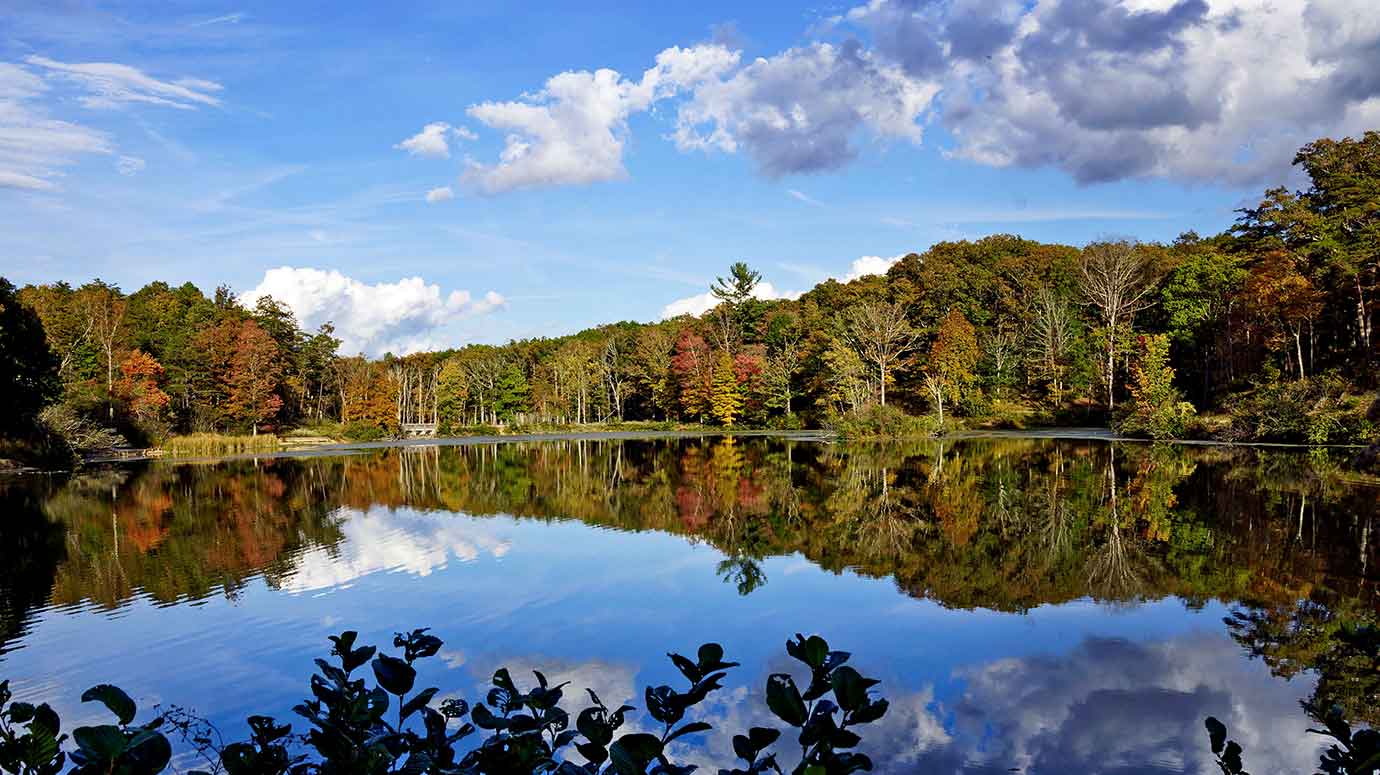
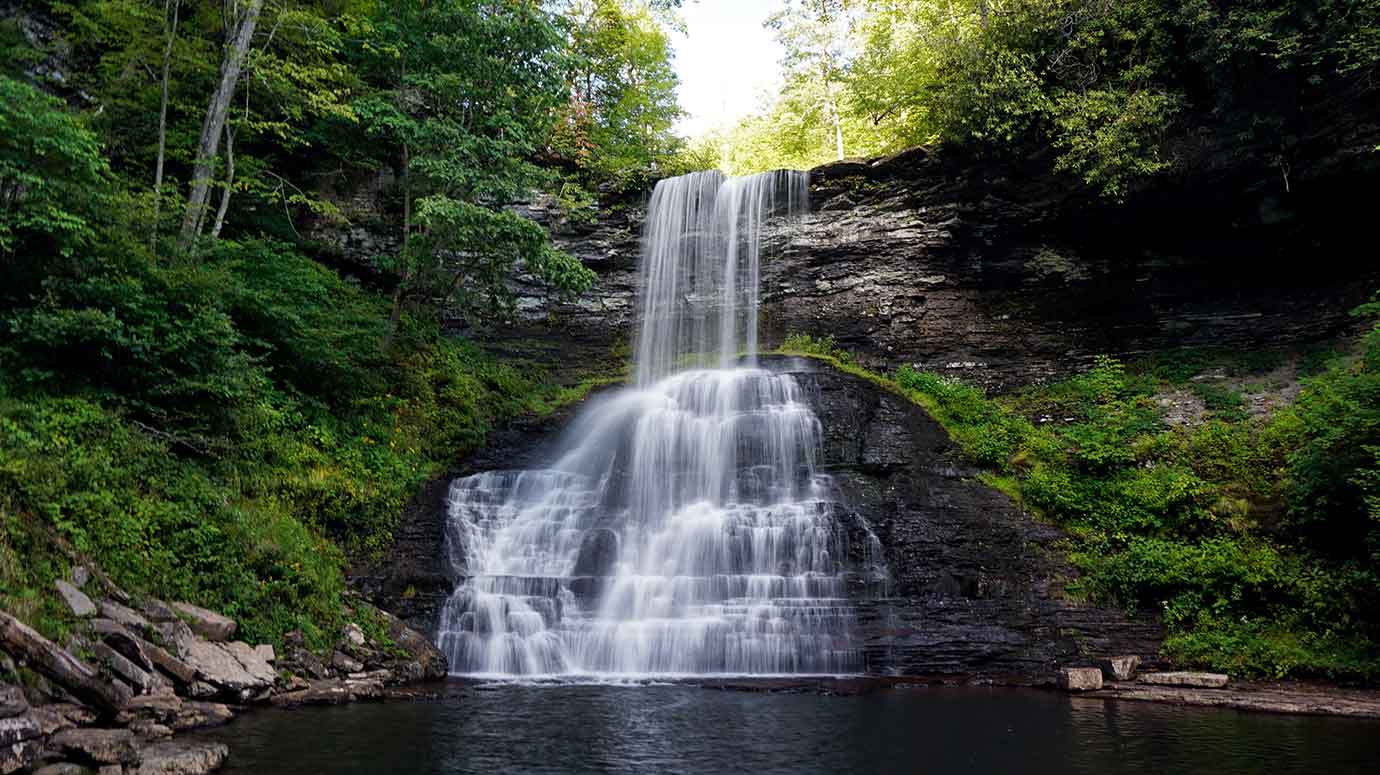
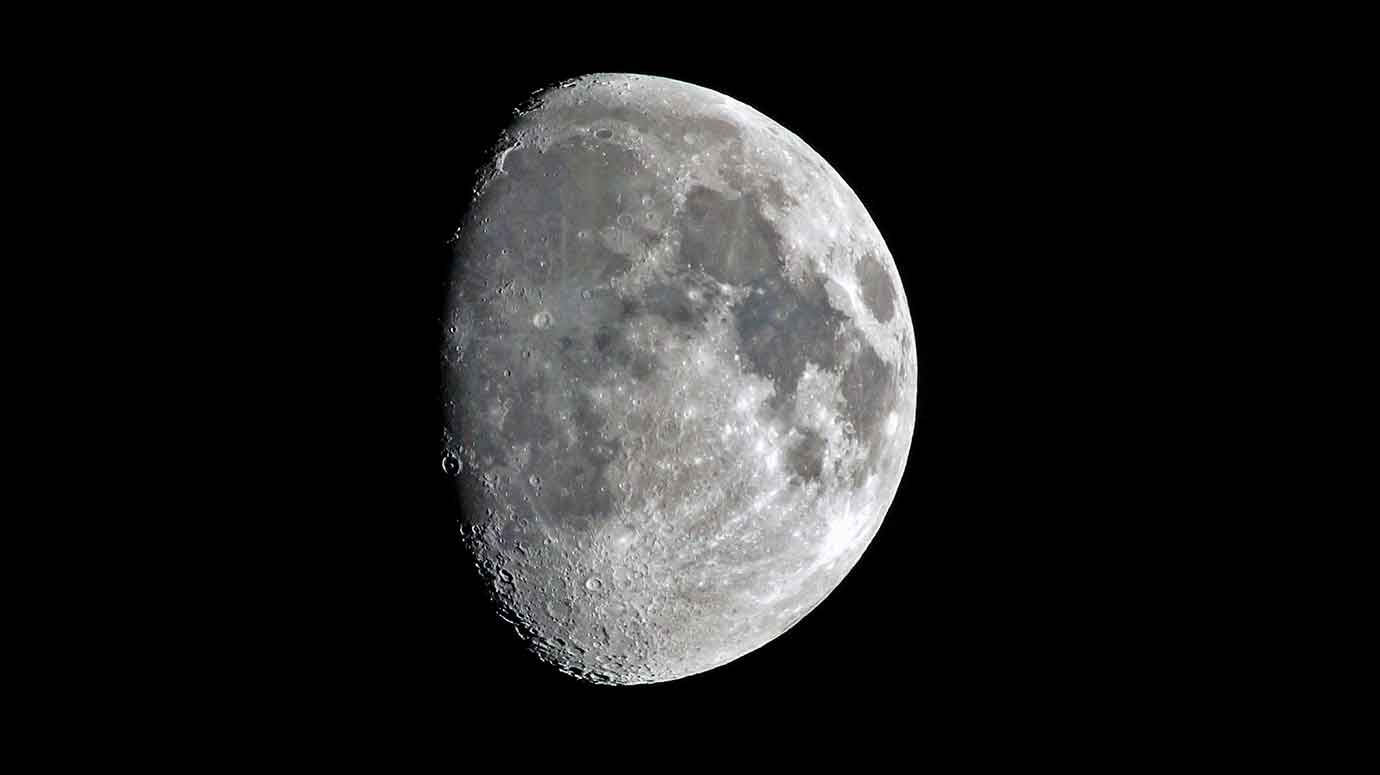
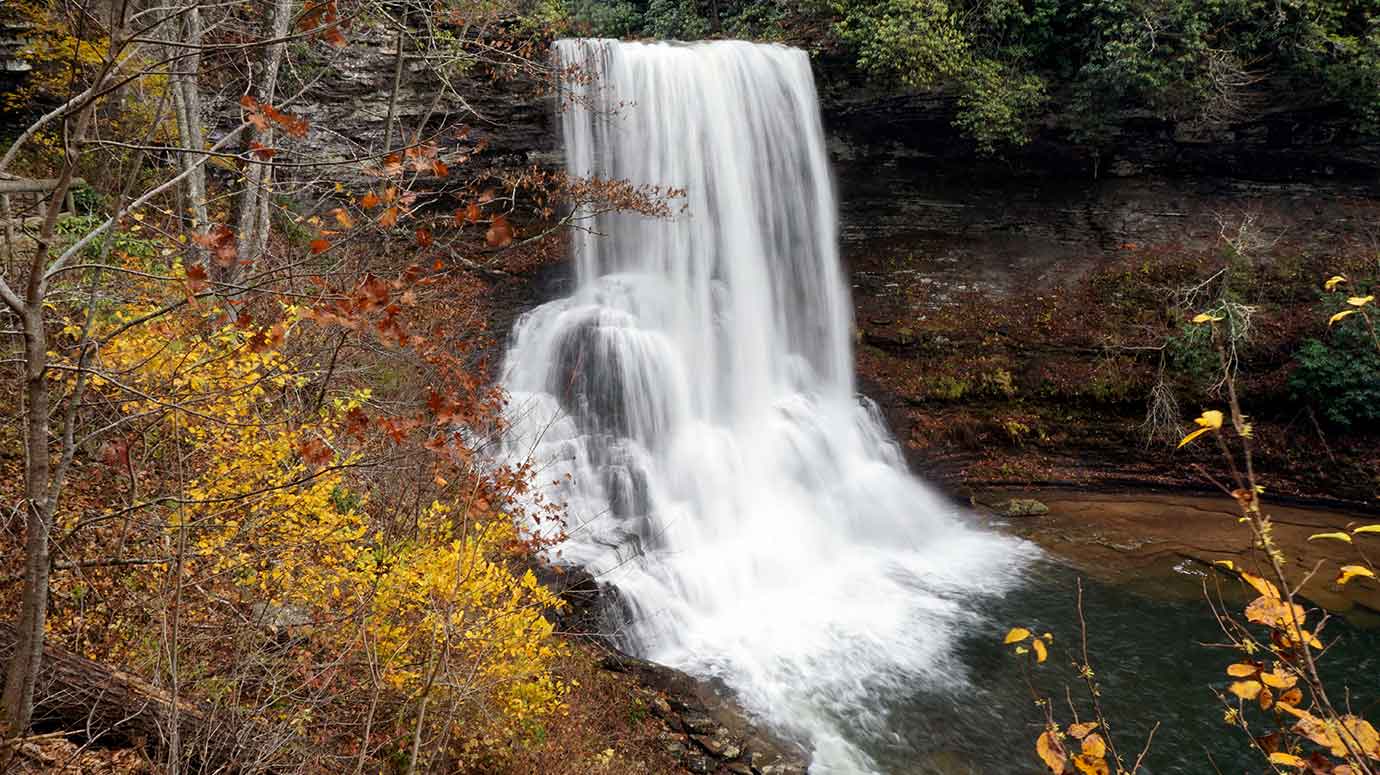
Photography by Dr. Benson
Benson is seldom without a camera. He has many, but favors his Sony Alpha A6000. Over the years, he has shot close-ups of flora and fauna, snapped waterfalls found during treks and photographed man-made landmarks. Depending on the time of year, Benson ventures outside in the wee hours to capture the moon and various planets in close conjunction in the night sky.

University Man
Benson proudly notes that Xerox was his first research sponsor when he went to the university full time.
Years later, as UTD’s president, he would marvel that his work with Xerox at the beginning of his academic career seemed to parallel UTD’s founding ties to Texas Instruments. The partnership with industry was an integral part of the progression for both. Knowing that he and the University had similar starts around the same time only increased his affinity for UT Dallas, he says.
Benson moved up the ranks from assistant to associate and then, in 1989, he became a full professor of mechanical engineering at the University of Rochester.
The thought of someday leading a university first entered his mind while there.
It wasn’t hubris so much as that passion for research, a concern for students and a growing realization that he had a knack for management and academic administration. Working across an entire university would be the ultimate adventure.
Benson became associate dean for graduate studies in the College of Engineering and Applied Science before becoming the mechanical engineering department chair.
Penn State University came next, as head of the department of mechanical and nuclear engineering.
With each position, Benson, an effective and popular leader, gained greater oversight and responsibility for larger budgets and more students, faculty and staff.
After a decade at Penn State, he returned to Virginia as dean of Virginia Tech’s College of Engineering, which experienced record growth under his leadership.
Dr. Benson’s career as an academic administrator was going according to the textbook when, in his second year at Virginia Tech, the unthinkable happened.
On April 16, 2007, Virginia Tech was shaken by one of the deadliest shooting rampages in U.S. history. A 23-year-old student killed 32 people on the campus before taking his own life. Most of the dead were at Norris Hall, the building that housed the engineering dean’s office, and other offices, labs and classrooms.
“As you can imagine, it had a huge impact on everybody,” Benson says. “Of course we lost people,” he adds, as his thoughts fly back to that difficult time. “So, my colleagues who survived it were badly traumatized. I mean, deeply traumatized.”
Benson, who was in Puerto Rico attending a conference for engineering deans when the massacre began, returned on the first flight he could catch. He arrived on campus around midnight as the tragedy’s surreal aftermath began to unfold.
“Words cannot describe my despair at the growing escalation of the carnage,” he wrote in a blanket letter to concerned friends and colleagues the day after the shooting.
But there was no time to sit and grieve as so many looked to the dean to determine where to meet and what to do next.
Benson says three urgent tasks emerged: Provide solace to the injured and the families of the deceased, bring the semester to a close and rebuild the strength of the college.
All three were eventually accomplished. But there was also the matter of Norris Hall. Whether the engineering college would return to the building when it reopened “was a real challenge,” Benson says, explaining that there was no middle ground upon which he could build consensus.
On the one side were those who wanted to “spit in the eye of the killer, reclaim their space and go back,” he explains. “And I get it. Part of me felt like that.”
On the other side were those who would rather transfer to a different department, retire or quit than ever step foot in Norris Hall again. Benson says that the horrific memories of April 16 were just too graphic, too raw, and “would mean reliving that every day.”
In the end, weighing what the burden would be to the “‘losing side,’ I made the decision not to go back,” he says, adding that he is confident that relocating the engineering dean’s office elsewhere on the campus was the right thing to do.
The following fall, the College of Engineering’s new student enrollment jumped nearly 13 percent.
Benson remained as dean for eight more years.
“I loved Virginia Tech,” Benson says. “It was just the perfect job in a beautiful spot.” But he had no plan to retire as an engineering dean. So when UTD came calling, he realized it was time for the next step. He was ready.
The Virginia Tech Hokie was about to become a UT Dallas Comet.
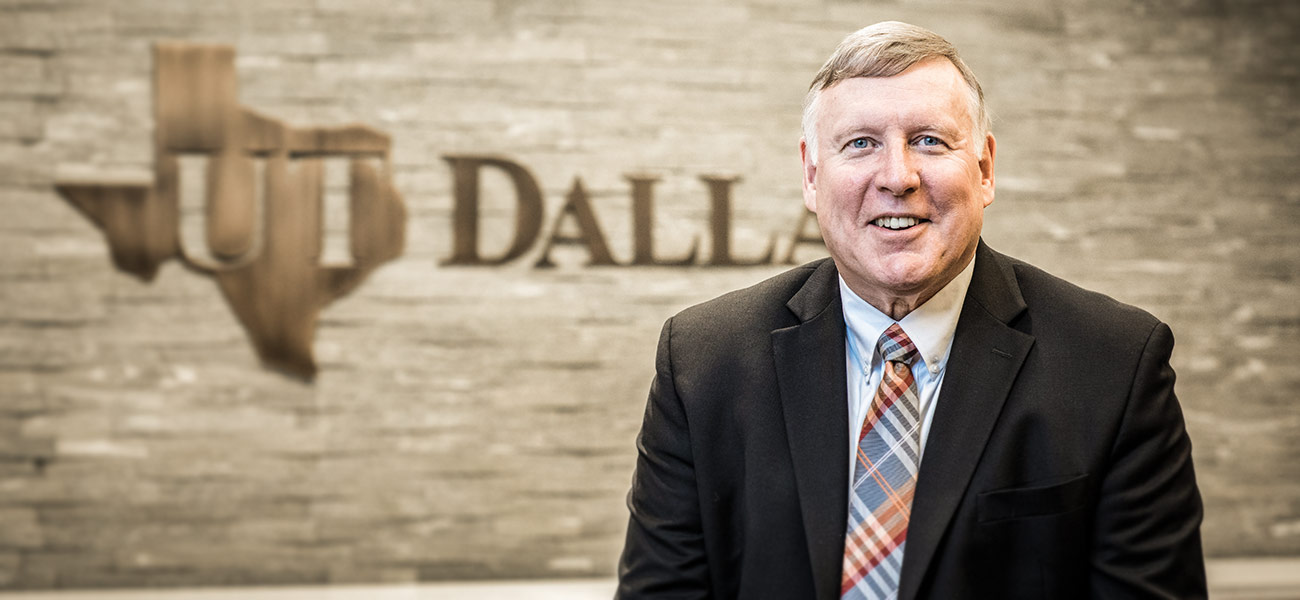
Family Man
Having left their brood behind, Benson says moving to Texas for the UTD post made the couple “empty nesters in reverse.”
They have three grown children. Ken, the youngest, is a May graduate from Virginia Tech with a degree in materials science. James, their middle child, works for the Army as a civilian computer engineer. First-born Stephanie is a crime analyst for a nonprofit in Washington, D.C.
Each can tell a story of how their father encouraged their interests but challenged them to work hard.
“I have all these memories of car trips when he’d rattle off all the different talents he saw in me and my brothers,” Stephanie says. “It was just very affirming. That’s a good word for him.”
Her dad, she says, talks about his work with great enthusiasm. He texts pictures of the Texas night sky and expresses his excitement about the University’s history with TI, the company that made the first calculator he used as a young man in grad school. “Isn’t that cool?” he gushes.
Of course, all of the Benson children are musically inclined. James plays the baritone; Ken, the guitar; and Stephanie, the viola.
“Our house could be very loud with kids playing instruments badly,” Stephanie says, adding that her parents didn’t mind since they were the ones who insisted on practice. “Dad was interested in instilling discipline.”
The Bensons have lived in small college towns for decades, so Leslie says she and her husband are excited about being in a big city again.
As she spoke, Charlie, the family’s Australian shepherd, a rescue with black markings and a white and copper coat, is darting playfully around a North Dallas dog park.
Keeping her eyes on Charlie, the down-to-earth first lady says she’s trying to figure out her role at such a young institution. She’s leaning toward projects that help students feel more at home on campus.
With a background in computer programming, Leslie Benson mainly does volunteer work for nonprofits, maintaining their websites and such. She’s searching for a community orchestra in the Dallas area that needs a bass player.
She’s also searching for the house where they can put down roots.
The Bensons are currently renting a Far North Dallas home west of campus. They’re trying to decide whether they want to live in downtown Dallas and embrace the urban life or be closer to the Richardson campus in the suburbs.
“I’m really struck by the energy and prosperity of Dallas,” Benson says. “It’s really impressive.”
Leslie notes that their rural home in Blacksburg, Virginia, was on 6 acres near the woods, and Benson grew a variety of peppers in dozens of pots on their elevated back porch. The couple’s move to Texas was too late in the season to grow the red and green spicy peppers at their new home. But this spring, when there was no hint of frost, Benson was back to it.
Charlie, who went from chasing deer and wild turkeys in Blacksburg to squirrels in Dallas, seems to have happily adjusted.
In their rare free time, the Bensons like to hike and go to symphonies together. They’re having fun exploring Dallas on the weekends.
After 40 years of marriage, she says, “he’s like a fixture in my life.”
 Little Stony Creek, eastern Virginia – photo by Dr. Richard Benson
Little Stony Creek, eastern Virginia – photo by Dr. Richard BensonCaring Man
Like many people, Benson has had his share of joyful elation and gut-wrenching sorrow.
The loss of his brother Todd to cancer in 2011 was especially hard on him and his brother Eric. Two years later, their father, whom Benson regarded as his hero, died at the age of 86. The 2007 massacre at Virginia Tech shook Benson to the core of his soul, those closest to him say.
Such painful experiences can reveal and forge character.
Given Benson’s keen intellect, motivation to achieve and positive attitude, those trying circumstances mean UTD has a “well-balanced leader with a heart for others,” Eric says.
His former colleague Ball agrees, calling the new president “genuine,” a principled man of his word who can be trusted.
“He loves people and will always do his best to help everyone in the university community be successful,” Ball says.
Head Man
President Benson rises in the hushed darkness of the morning, usually before his 5:30 alarm sounds.
He clicks on his iPad and reads digital versions of The Dallas Morning News, The Washington Post and The New York Times. Leslie strolls down the hall to start their coffee.
He tries not to send email between midnight and 6 a.m., even if he is awake and has written a response at 2 a.m. Best to try to sleep on it.
After his favorite eggs and bacon meal — he loves making and eating breakfast — UTD’s CEO is ready to take on the day. If traffic is moving on the President George Bush Turnpike, Benson can make it to the office before 7:45.
Meetings sometimes run back-to-back even though he tries to schedule space in between. As the new head man, he’s in demand. Everyone wants some face time with the president: faculty and staff representatives, his cabinet of upper-level administrators, deans and department heads, and student groups.
There are also community leaders, politicians, potential donors and business collaborators to court. These external partners can play an integral role in the University’s success, so he’s trying to get to know them.
Each week, there are at least two to three evening functions and working dinners; even more as the spring semester winds down.
For now, he is busy making the rounds, learning the culture and actively listening to hear what’s needed so he can craft a decisive action plan. The defining vision for the future he creates will ultimately be his legacy — the reason that he chose to be here.
During the rare break between meetings, the president has been known to take brisk walks across campus where he’s likely to stop, introduce himself and chat informally with surprised students and others — no agenda, just meeting folks.
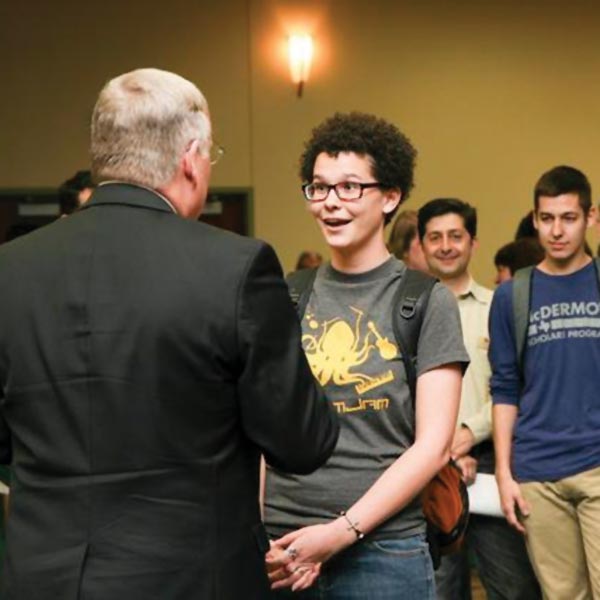 Then-senior biology major Patricia Margaret Balconi-Lamica was excited to meet Benson in 2016 when he came to campus following the announcement of his appointment as president of UT Dallas.
Then-senior biology major Patricia Margaret Balconi-Lamica was excited to meet Benson in 2016 when he came to campus following the announcement of his appointment as president of UT Dallas.“I’ve taken to welcoming people to our beautiful campus, which is sort of an inside joke because I’m the first president who can do that,” Benson says, noting that his predecessor, David Daniel, could only do so toward the end of his tenure. “When David got here, it was still a concrete canyon.”
Now stately magnolia trees line a long reflecting pool that runs through the heart of the campus.
“I’ve had people offer, ‘Oh, it’s so pretty. It’s so beautiful.’
And I say, ‘Thank you,’” Benson says, a twinkle in his blue eyes. “I’m the beneficiary. I just showed up.”
But he has plans to add even more trees and landscaping, believing that an aesthetically pleasing and green campus will enhance the residential students’ overall college experience.
The fond memories they’ll have of UTD — inside and outside the classroom — will be critical in establishing a loyal alumni base that will want to return to and support the University.
In his inaugural address last fall, dressed in a black tam and the green and orange academic robe of the office, Benson announced plans to celebrate UTD’s 50th anniversary in 2019 and update the University’s strategic plan this year.
He said UTD won’t let up on efforts to advance its recently won Tier 1 research status. It must increase the number of doctoral graduates as an important status measure.
In doing so, he predicted the student body and faculty will become increasingly more diverse, reflecting the state’s changing demographics.
“It is the greatest honor of my career to have been invited onto this team,” said Benson, the heavy presidential chain of office on his broad shoulders.
In 1962, Texas Instruments’ three founders — Eugene McDermott, Cecil Green and Erik Jonsson — created a graduate research center that eventually became UTD in 1969. The University will keep its foundational commitment to cutting-edge research in science, technology, engineering and math — the STEM disciplines — but Benson suggested a way to acknowledge the arts, humanities and other new majors offered.
“We will put an A into STEM and make UT Dallas a STEAM university,” he said at the inauguration.
Because it was established only 48 years ago, UTD is unencumbered by any old guard or hallowed traditions. A good number of its faculty, staff and a few students are older than UT Dallas, says Benson, who earned his degrees from universities founded in 1746, 1819 and 1868.
But UTD’s rapid growth, ties to industry and the endless possibilities of an institution so young were a big part of the appeal to him.
Nearly 27,000 students are enrolled at UT Dallas — a more than 9 percent jump from last fall, a fact he presented in a State of the University address.
With several new buildings popping up each year, the campus is like an old SimCity computer game, rapidly changing the skyline and expanding its boundaries. Since 2007, more than 3.5 million square feet of space has been developed on what was once Texas prairie.
This academic year alone, additions to the Callier Center and Student Services Building were completed and a new parking garage was built. Construction crews are making progress on the Davidson Gundy Alumni Center, the Brain Performance Institute and more student housing for fall 2017.
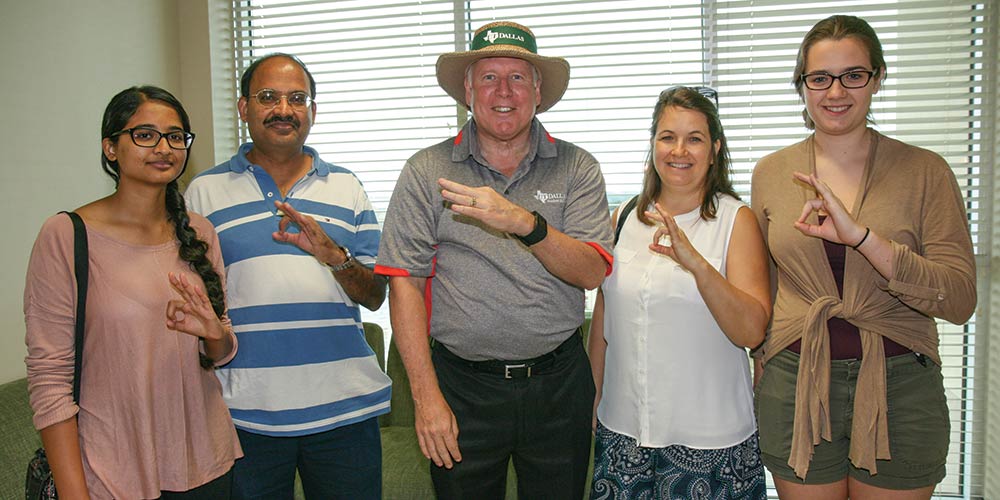 Benson welcomed students and their families during Move-In Day 2016.
Benson welcomed students and their families during Move-In Day 2016.
A lot is happening at UTD, so Benson has a chance to make a difference and leave a lasting impression in a way that wouldn’t be possible elsewhere.
He says it’s an “extraordinary journey” he’s embarking on, but he knows he’s not doing so alone.
UTD’s students, faculty, staff and administrators all have the opportunity to shape the University and create new traditions that will last hundreds of years.
“Let’s have at it!” President Benson says.
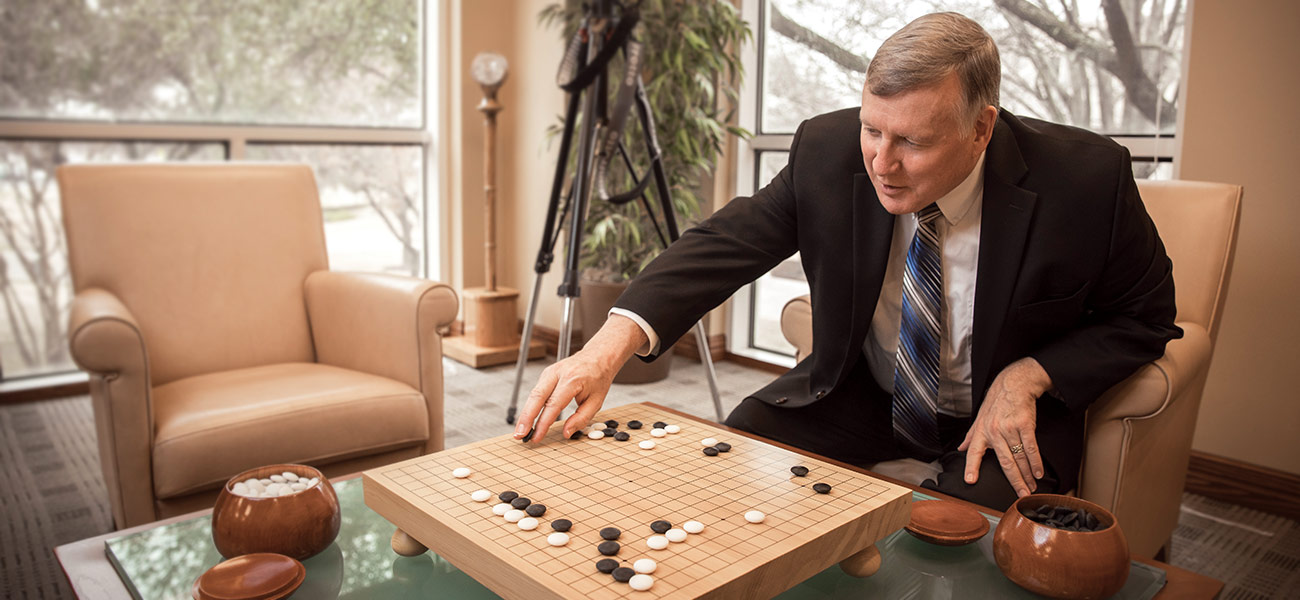

 Dr. Benson responds to a series of questions.
Dr. Benson responds to a series of questions. For their 40th wedding anniversary, Leslie Benson gifted her husband with a new Go board, pictured above. The game played a key role in the couple’s first meeting.
For their 40th wedding anniversary, Leslie Benson gifted her husband with a new Go board, pictured above. The game played a key role in the couple’s first meeting.

